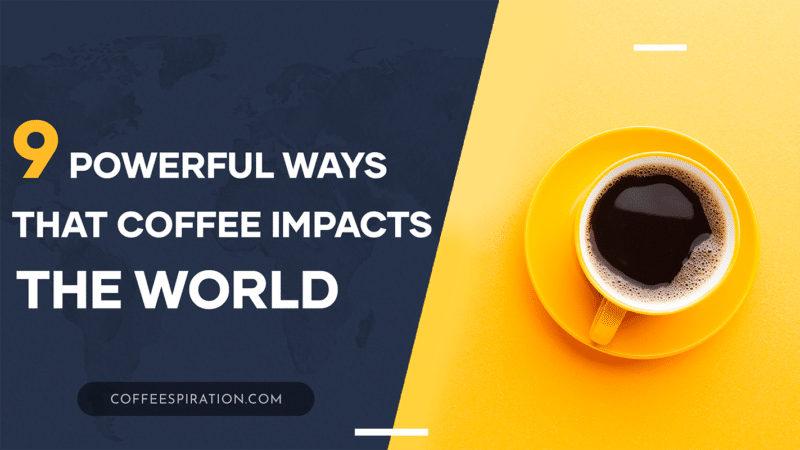We all know by now that coffee is considerably the world’s most popular drink. This rich liquid seems to be everywhere you go. But little do we know, coffee impacts the world. This cup of coffee that you are holding in your hand and ordering every day has a great impact on the world? Yes, it is funny to say that these small particles have a gigantic influence. So how coffee impacts the world? Could this regular coffee bean turn into something so impactful for the world? Let’s find out why in this article.

Today, more than 2 billion cups of coffee are drunk every day. On top of its energetic supplements, needless for me to say how beautifully tasty it is. I believe it is known through the smell of freshly brewed coffee. The smell that gives you a sense of refreshment, excitement, and happiness. Anyway, coffee changes the world the world ever since it left its origin in the land of Ethiopia and traveled across the Middle East and Ottoman Empire.
In ancient times, coffee beans were considered ritual and never once left out of any religious performance. Although tea was traditionally the most preferred drink before the existence of coffee. However, as soon as coffee was introduced, people seemed to like it better. And from there onwards coffee has become the ideal global drink.
In this particular article, we are going to walk you through a tunnel of time-traveling. We are going for a ride to see how historically and presently coffee is influencing the world in 9 ways. Let’s go!
Contents
Economic Influence
Coffee impacts the world. Plus, coffee affects the economy impressively. It generates trades, commerce, and employment for the world. Let’s just pick the largest coffee consumer in the world as our prime example. In the United States, coffee alone contributed to 1.6% of the GDP. In 2014, a groundbreaking report from the “Specialty Coffee Association of America” was released about coffee’s performance in the US.
The coffee industry fueled this gigantic economy totally at $225.2 billion in the very same year that report was released. We can see that coffee is hugely popular in the US. There are long-lasting brands such as Starbuck, Dunkin’ Donuts, Folgers, or McDonald’s. The logic behind coffee’s contribution to the economy is simple. The more people spend on consuming their favorite coffee drink, the richer economy is going to be. As a matter of fact, US citizens alone spent 26.7 million 60-kilogram bags in the 2019-2020 fiscal year. Therefore, their economy is going to expand.
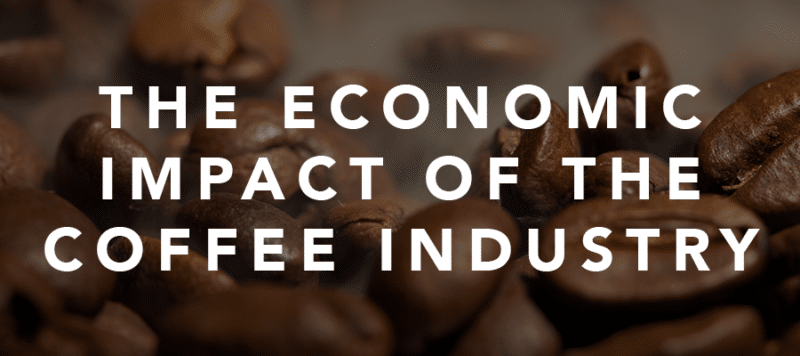
Moreover, the coffee industry also fuels the economy by creating jobs and coffee farms worldwide. As coffee changes the world by began climbing the ladder to one of the biggest industries in the world. At the same time it is expanding its investment. We can see there are increasing coffee shops globally and nationally as well. People just seem to like it. Because having a cup of their favorite drink in hand and sitting in an aesthetic place with friends is always a good idea.
At the same time, employment would start to increase in order to serve customers and deliver the service. Most importantly, in order to supply coffee demands, investors now started to grow coffee farms and trading them altogether. At the end of the day, the expenses and income is going to expand and contribute to the well-being of economic performance.
Creation of Coffee Trade
“Coffee is not just a drink, it is a commodity”. It is one of the most valuable traded commodities ever since the 1800s. Coffee had been rocketing its popularity hence the establishment of many existing coffee trades and treaties. This industry involves many steps of trading. It involves traders, middle men, importers, exporters, retailers, etc… Coffee got so famous to the point where there is a place for large producers to sell at a fixed price. And that is called the New York Coffee Exchange. Crazy right? There is more.
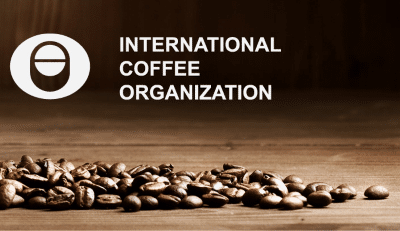
We can see coffee is valued globally. Countries around the world notice its significance and interestingly would like to invest. In order to prevent chaos and distress, it led to the creation of the International Coffee Organization (ICO). This organization serves as a monitor to watch over coffee price and prevent it from extreme fluctuation.
Most importantly, it also protects stakeholders from disagreement and chaos. It also aims to mitigate communism or exploitation of any coffee producer. It made spaces for smaller countries to join and strengthen the economies of coffee-producing countries. Moreover, it also narrates a coffee agreement also known as the “International Coffee Agreement”. It allows 51 nation-states to join which cover 98% of coffee production and 67% of coffee consumption. This agreement is still present until today, after being renewed in 2011. It will remain for 10 years (possibly extend for another 8 years).
The Coffee Crisis
Before the strong International Coffee Organization (ICO) we have today, a major coffee crisis happened. Plus, the ICO also failed once because it could not control the extreme coffee price change. It was a difficult time but they were able to redeem themselves and created a better alternative. By 2001, the coffee prices were falling to the lowest. Laying horrific impact on more than 25 million households in Latin America, Asia, and Africa.
The reason for this plummet was the dismantlement of the ICO regulation, rapid supply and insufficient demand, and ill-regulation from IMF and WTO. The supply control and demand was uncontrollable. The supply chain was dramatically rising while there the demand side could not keep up. It created a fuss of economic and social downfall as well as exploitation in the industry.
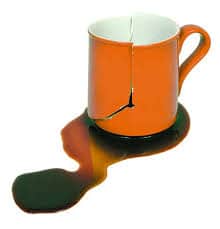
However, the economists were able to keep it under control by regulating fair trade that would guarantee a fixed minimum price for the coffee. This eliminated the price fluctuation and cunning middle men. Then the price is set by New York Coffee Exchange as a standard. Today, the WTO and IMF together with ICO are keeping a close watch on the coffee regulation. This is how coffee changes the world so far. But there is more to know!
Global Drink
Well, coffee is a pop star. Everywhere you go, you can always find yourself a coffee shop. It is everywhere! However, people have always seemed to underestimate the power of coffee because it usually appears in a hand-sized cup. Let me change your mind.
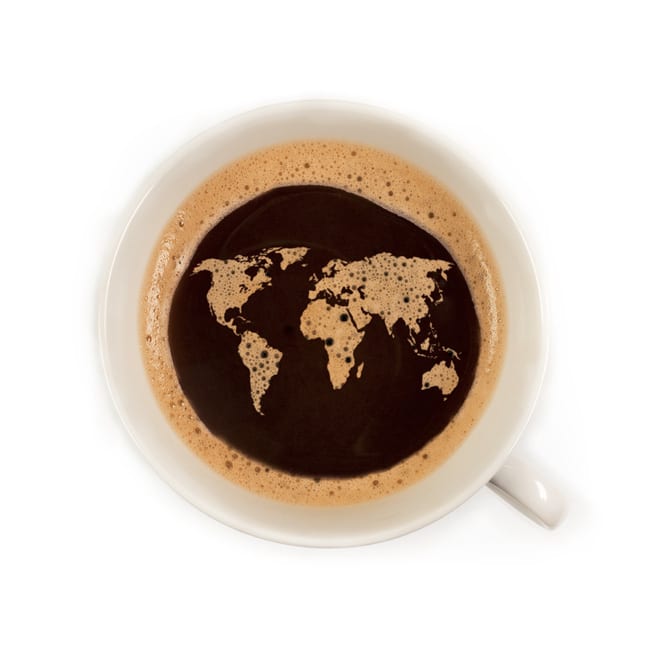
Although coffee is small in size, it is regarded as a drink of the world. The reason why people keep falling for coffee is perhaps within the taste or the smell. But overall we can’t seem to pinpoint what is with coffee that is so addicting. One sip of coffee will fly you to the moon and pull you back with 100% of attentiveness. Even on a normal day, this drink will also give you the motivation to start your morning. I think this is why coffee is widely popular and this is why people like it so much.
As coffee is a global drink, it is insanely produces so much in each year. And nearly everyone likes it and drinks it daily. If you don’t like coffee, maybe reading more of our article will change your mind. It is also widely consume all over the world. Statistically, the world itself consumed approximately 500 billion cups of coffee annually. Furthermore, we produced more than 149 million bags of coffee.
Just Brazil alone is capable of producing over 2. 72 billion kg. And the second-largest producer goes to Vietnam with 1.65 billion kg. Anyway, with all of these productions, it is clearly suggesting that coffee changes the world is powerful. Because everyone loved it so much that the production keeps on increasing.
Influence of Coffee Shop
Well, how coffee changes the world, what is good about coffee shops? Do you know reasons why people would go to a coffee shop? You may ask. Beyond these regular chairs and tables, it is a place for gathering. This is essential for several reasons. One of the main reasons is that people have the opportunity to socialize. It could be difficult nowadays due to Covid-19. Nevertheless, cafes have served this purpose for centuries already. It is a place where people can come and meet one another.
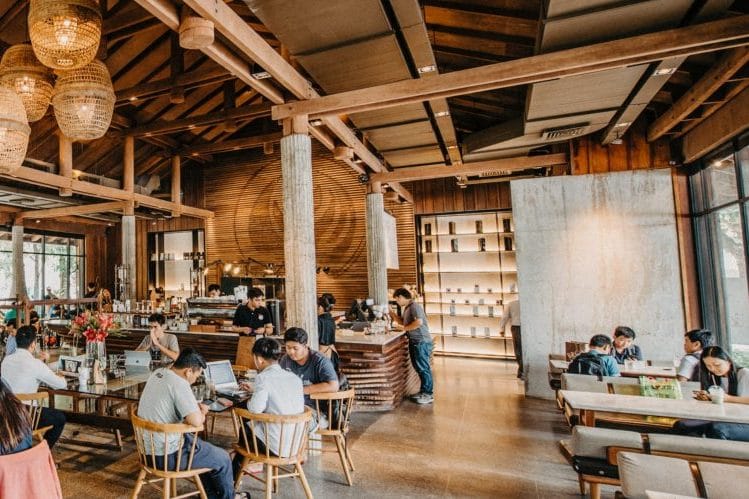
Imagine if cafes did not exist in the first place, finding a proper place to reunite with your friends would be difficult. Cafe is a place where joy, communication, and evolution happens. It brings people to sit, drink, and make conversation. And, it is amazing to have a cup of coffee one afternoon, sitting on a table, and surrounding with friends while the background music is humming continuously. Isn’t it comforting?
Most importantly, cafes allow exchange of ideas. The place where ideas are interact. Cafe, instead of serving as a place for occasional gatherings, also provides a platform for people to come up with creative ideas. For example, Mark Pendergrast —author of Uncommon Grounds: The History of Coffee and How It Transformed Our World— tells us that the American and French Revolution actually was planned in the coffee house. Funny enough it happened. Other ideas such as architecture, business plan, entrepreneurship, and other beautiful creations happened countlessly in cafes.

Now it is universal for people to work and meet at cafes. It is rather convenient and professional at the same time. Where can you find a place that is more beautiful, aesthetic, and work-friendly than a cafe?
Coffee Fuels The Industrial Revolution
As we all already know, coffee is a stimulant for our brain. It provides energy and alertness by blocking the sleep-inducing molecules called Adenosine. During the period of the first industrial revolution 1.0, machines and assembly lines were introduced to the world. Even though the industrial revolution has eased the human workforce, people still continue to work.
Unfortunately, people would have to wake up and go about their routine. The painful side is that the vast majority of the people had to endure working below minimum wage. It was unfortunate to work effortlessly and receive so little to even afford a day off.
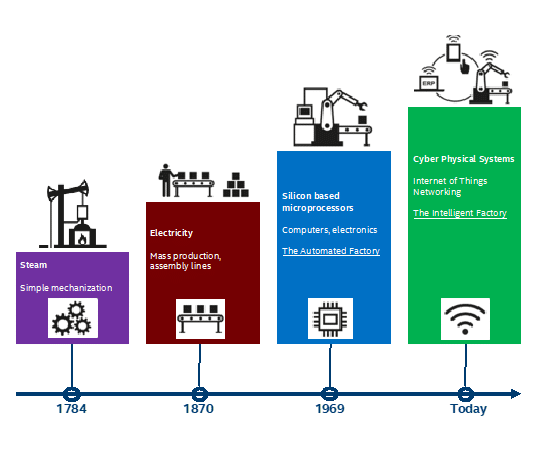
Coffee was the help for the endless endurance. It served as a stimulant to keep the people awake on their feet and went about their days. No matter how tired or stressful in your day, a cup of coffee who managed to cheer them up. It help keep you from being tired and dozing off. Coffee allows the working class or any other classes to stay alert and focus throughout the day.
The industrial revolution was never yet an easy time. People were still struggling for their wellbeing. And coffee was present to make them more alert and energized through the hours. As if it was a fuel for the human engine. The rich, black, and aromatic liquid was to power the energy source in the human body allowing them to work. Every morning the fuel would go in and every sundown the people looked forward to that again in the upcoming sunrise.
Coffee And Its Health Benefits
I could go on forever about the benefits that coffee brings for human health. Before I further elaborate in this section, I want to make sure of something first. “Too much is never good”. I am suggesting that if you consume coffee in a moderate amount, you will feel that your body is energetic and just the perfect way you want it to be. Coffee can increase your energy level once it is absorbed into your bloodstream. Immediately, you will feel motivated and hyped to want to accomplish something.

Moreover, it combats fats. The one of the very few substances that are proven to burn fats. Several studies also show that it can burn up to 3-11% of fat. And more importantly, it can continue to burn more fat according to individuals. In addition, coffee also boosts workout and physical performance as well. It increases epinephrine (adrenaline) and breaks down fatty acids to fuel your body.
Finally, it lowers the risk factor that could be damaging for your health. For instance, coffee can lower the risk for type 2 diabetes. Which is one of the deadliest yet common diseases around the world. Coffee can mitigate the increasing surge of sugar and level it equally to insulin.
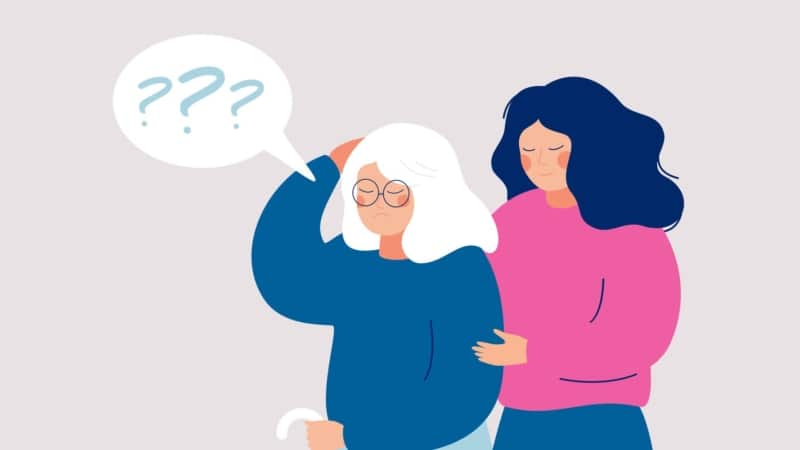
Last of all, it can also prevent Alzheimer’s Disease and Dementia. A disease that causes you to be forgetful when you get older. Scientists could not find the cause for it but somehow it is affecting high numbers of elders over the age of 60. Coffee actually decreases the risk of Alzheimer by a 65% chance as well.
Coffee Drove Colonial Expansion
As the popularity of coffee grew more and more, it gave motivation to expand colonialism. Historically, coffee was found to be in Ethiopia. They looked more like cherries rather than coffee beans like we see nowadays. The seeds were still inside and have not been extracted.
Later, coffee was caught by the attention of the Westerners. Afterwards, coffee was spread to the Middle East and Ottomon Empire. Western traders took these magnificent seeds to their country in the 17th century and it became the new norm.
Next, they started to find ways to increase the production and establish plantations in many other parts of the world. After the colonizer sees the potential of the coffee industry, they demand to have coffee planted. Then, European companies began to import slaves to labor coffee plantation in Carribean, Asia, and America (aka Triangular Trade).
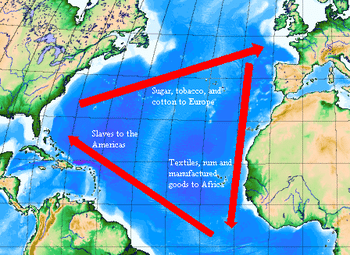
Similarly, Dutch did the same to their colonies in Java, Indonesia. Where slaves worked endlessly to grow coffee. It is uncommon to treat slaves with compassion and kindness in that period. It is told by Mark Pendergrast that slaves were disposable. They were left to die and replaced by new slaves was preferably easier than caretaking.
The same thing happened in Brazil, the largest coffee producer on earth. Indigenious and black slaves were forced to work heavily on the farm. They were routinely underfed, overwork, and desperate to live.
Coffee Plantation Affects The Environment
Coffee impacts the world. One of the regretful things about coffee is affecting the environment. Do you know that coffee plantations can only grow in delicate tropical or subtropical places, also known as the “coffee belt”? In order to grow these coffee trees, people must deforest the area. Which resulted in losing countless shaded canopies that served as the habitable areas.
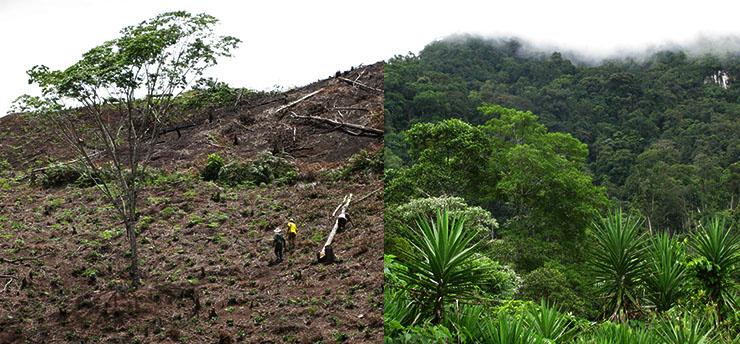
It started in the 1970s where coffee demand peaked and people had to clear the land to grow coffee farms. The tropical area was a shelter for animals of all kinds. Moreover, as coffee impacts the world, the big and long-lasting trees were the best to prevent topsoil erosion as well. Besides involving deforestation, the farm incorporated chemical fertilizers which damage the ecosystem totally. The removal of trees and chemical substances led to degradation of soil quality and increasing level of erosion. Afterwards studies had shown that pollution rate was climbing significantly especially in countries where large coffee production took place.
Currently, we are seeing how coffee impacts the world changes the world. New coffee suppliers and retailers all around the world. But none would address the environmental impact that coffee is creating. It is needless to say about the waste disposal that coffee is creating at the same time too. For me, I would like to drink delicious tasting coffee in a world, but without coffee impacts the world. Where everyone is free from the threat of global warming.
Conclusion
How do you feel about how coffee impacts the world? The ride through time has shown us all that this tiny cup of coffee that you drink everyday is impactful. Coffee changes the world, shaping the world in many ways that we have not known of. Coffee change the world beautifully to gather and reunite. It also was the powerful source of economic establishment. Moreover, it creates millions of job and trade agreements as well.
No matter what we should also acknowledge the trade-off that it creates and the painful history of colonization and enslavement. Until now the unsolvable impact on the environment is still our problem. It is beautiful to have this rich stimulant in our lives, but we also must take coffee impacts the world in account the consequences as well.
References
- Slavery & Specialty: Discussing Coffee’s Black History| perfectdailygrind
- 5 Ways Coffee Changed the World| Spoon University
- The Economics of Coffee| Independent Lens
- The economy impact of coffee industry| ncausa.org
- How does coffee affect the environment| Energymakeover
- 13 Health Benefits of Coffee, Based on Science| Healthline
